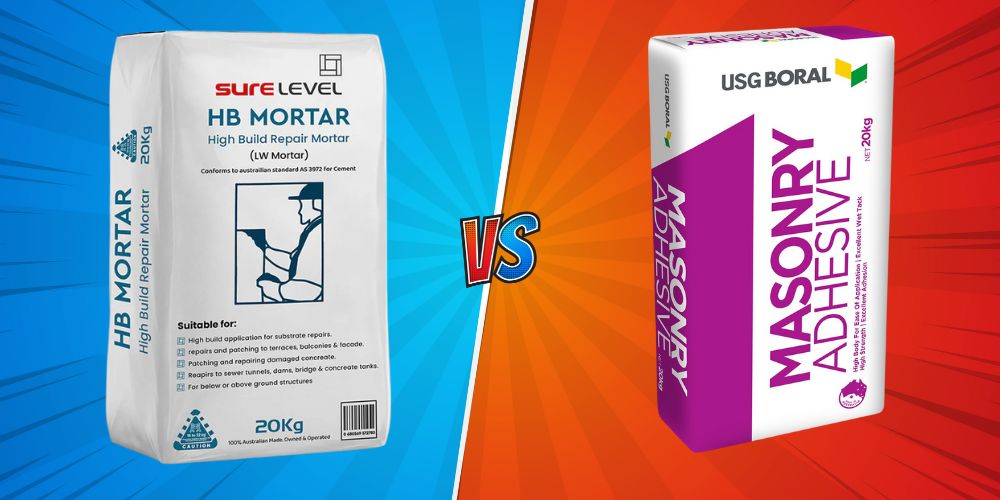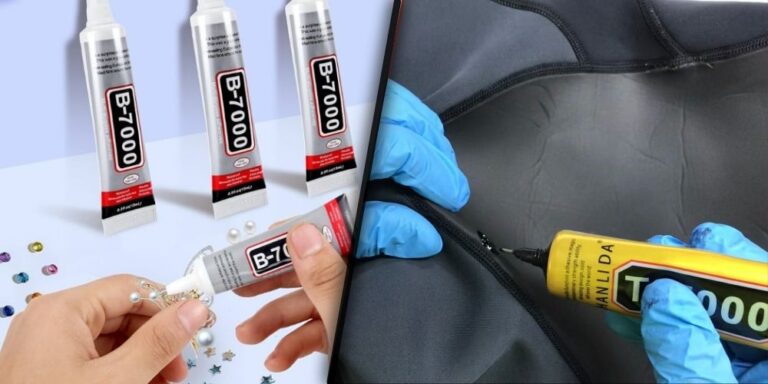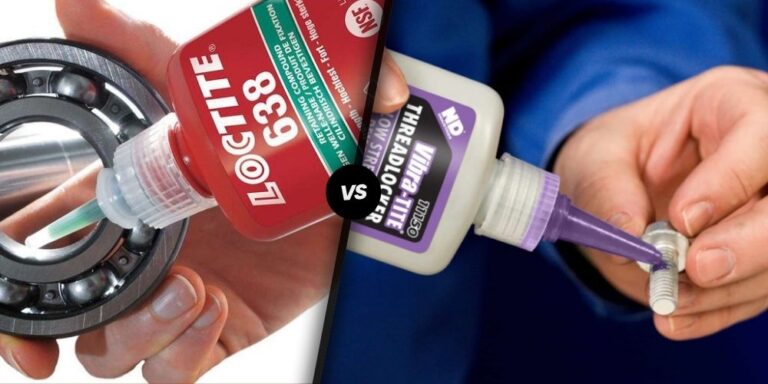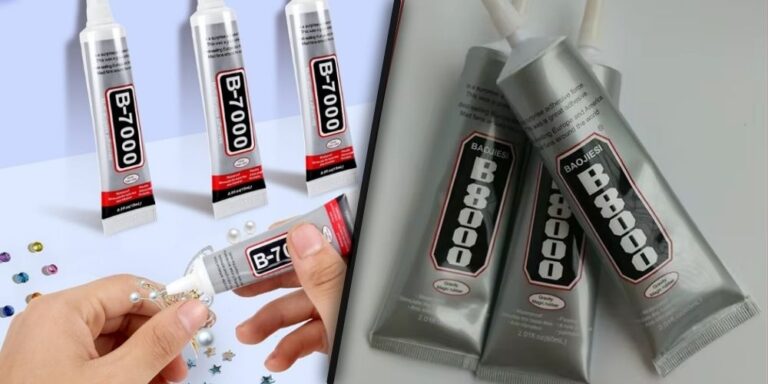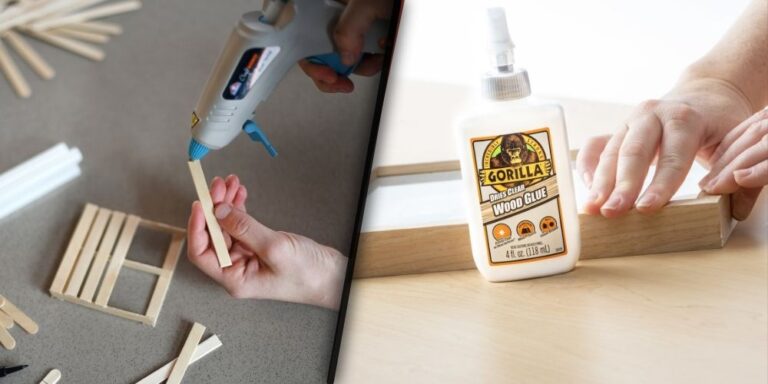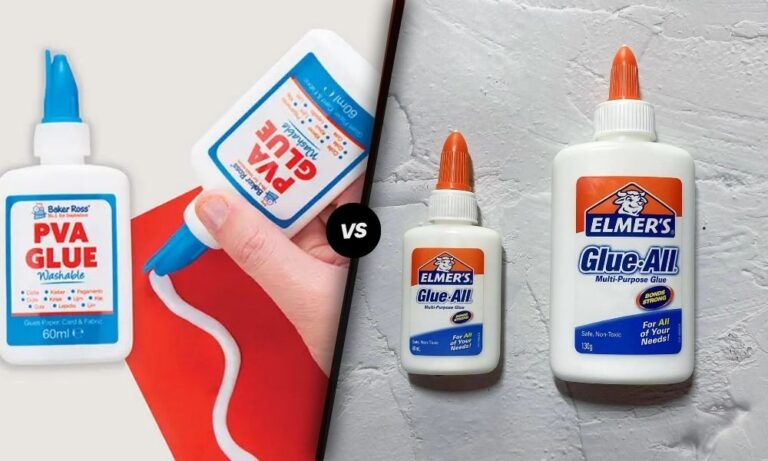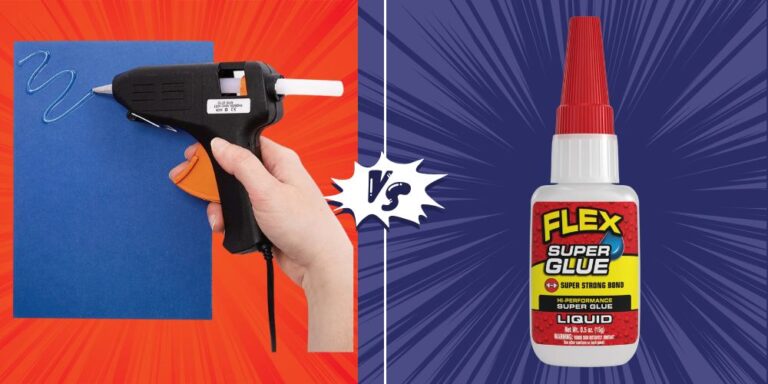Masonry Adhesive vs Mortar: Best Applications
Glue Strength and Durability
When comparing masonry adhesive and mortar, understanding their strength and durability is essential to choose the right application. This section discusses tensile vs. compressive strength and durability in various conditions.
Tensile vs. Compressive Strength
Tensile Strength:
Construction adhesive generally has higher tensile strength compared to mortar. This means it can stretch and flex without breaking. Tensile strength is crucial in dynamic environments where minor shifts and vibrations occur. For example, construction adhesive works well for non-structural components like securing a tile or attaching decorative elements.
Compressive Strength:
Mortar, on the other hand, excels in compressive strength. It bears heavy loads without crumbling, making it ideal for load-bearing applications such as brick walls and stone structures. If structural stability is the primary concern, mortar is the better option (Homey Cons).
| Strength Type | Masonry Adhesive | Mortar |
|---|---|---|
| Tensile Strength | High | Low |
| Compressive Strength | Low | High |
Durability in Various Conditions
Masonry Adhesive Durability:
Construction adhesives are durable due to their flexibility and strong bonding properties. However, their effectiveness can vary based on specific environmental conditions. For instance, while adhesives are strong, they may not always fare well under extreme temperatures or prolonged exposure to moisture unless specifically formulated for such conditions.
Mortar Durability:
Mortar is incredibly durable, lasting for decades if properly mixed and applied. Its resilience in outdoor applications is particularly notable, withstanding extreme weather conditions such as heavy rainfall, freezing temperatures, and intense heat. Mortar provides a reliable solution for long-term projects that demand durability (Homey Cons).
Bonding Agents:
Bonding agents can measurably improve bond strength, especially in challenging conditions like bonding to surfaces with residual concrete or mortar. They are especially effective in enhancing shear and tension strength but have negligible effects on compressive strength. Bonding agents can improve not just the initial bond but also the longevity of the bond (Quora).
Physical Interlock:
Mortars containing very fine RA (recycled aggregate) particles are more effective in enhancing physical interlock and bond strength to the substrate. By permeating the open porosity of the brick surface, these mortars result in improved bond strength, making them an excellent choice for applications requiring strong adhesion.
| Condition | Masonry Adhesive | Mortar |
|---|---|---|
| Extreme Weather | Moderate Resistance | High Resistance |
| Moisture Exposure | Formulation Dependent | High Resistance |
| Shear and Tension | Enhanced by Bonding Agents | Enhanced by RA Particles |
For additional insights on the effectiveness of different adhesives, check out our other articles such as e6000 vs. e6000 plus, e6000 vs. jb weld, and e6000 vs. epoxy.
Cost Considerations
When deciding between masonry adhesive and mortar, cost is an important factor. Both materials have their own cost structures and implications for labor and efficiency.
Expense Comparison
Masonry adhesive tends to be more expensive per unit compared to mortar. However, its ease of use and quick setting time can make it a more cost-effective option for labor-intensive projects (Homey Cons). On the other hand, mortar is typically less expensive per unit but may require more labor to mix and apply. This can potentially increase the overall cost of a project, especially if skilled labor is needed.
To better understand the expense comparison, consider the following table:
| Material | Cost per Unit | Additional Costs |
|---|---|---|
| Masonry Adhesive | Higher | Lower labor costs due to quick setting |
| Mortar | Lower | Higher labor costs due to mixing and application |
Labor and Efficiency
Labor and efficiency are critical considerations when selecting between masonry adhesive and mortar. Masonry adhesive is known for its ease of use and quick setting time, which can significantly reduce labor costs and make it more efficient for smaller projects and repairs (Prosoco). This makes it an attractive option for projects where time and labor are paramount.
On the other hand, mortar requires more meticulous preparation and application. This can be labor-intensive and time-consuming, which may increase the overall project costs, particularly if skilled labor is necessary.
For large-scale projects, mortar can be cost-effective due to lower per-unit costs and economies of scale. However, the need for extensive labor must be factored into the overall project expenses. For smaller projects or repairs, masonry adhesive often proves to be the more efficient choice, saving both time and labor.
Choosing between masonry adhesive and mortar involves balancing material costs with labor considerations. Both have their merits depending on the nature and scale of the project. For further insights on adhesives, you can explore our articles on b7000 vs. super glue or e6000 vs. jb weld.
Applications of Masonry Adhesive
Masonry adhesive, also known as masonry glue, is a versatile option for various applications, particularly when dealing with non-structural components. Its ease of use and fast setting time make it an attractive choice for many projects.
Non-Structural Components
Masonry adhesive is a popular choice for attaching non-structural components to masonry. It is particularly suitable for light-duty applications where structural integrity is not a major concern (MCAA). This type of adhesive adheres well to various surfaces such as concrete, stone, and brick, both indoors and outdoors.
Non-structural components that benefit from masonry adhesive include:
- Decorative elements
- Wall fixtures
- Trim and molding
- Thin brick and veneer
The ability of masonry adhesive to withstand minor shifts and movements within structures enhances its suitability for these applications, ensuring durability and resilience in various weather conditions.
Ease of Use and Setting Time
One of the standout features of masonry adhesive is its ease of application and quick setting time. This makes it an ideal solution for small-scale repairs and DIY projects (Prosoco). The rapid curing process allows for quicker progress in construction projects, leading to shorter completion times—a crucial factor for time-sensitive projects.
| Feature | Masonry Adhesive | Mortar |
|---|---|---|
| Setting Time | Fast | Slow |
| Application | Easy | Moderate |
| Suitable for | Non-Structural | Structural & Non-Structural |
| Weather Resilience | High | High |
This table shows the distinct advantages of using masonry adhesive in terms of setting time and application ease. For more on how these adhesives compare to other types, visit b6000 vs. b7000.
Additionally, masonry adhesive is effective in hot and cold climates, making it ideal for projects in different geographical locations. The versatility to withstand various environmental scenarios ensures that projects maintain their integrity regardless of weather conditions. For insights on how this compares to other adhesives, check out construction adhesive vs. caulk or how to remove construction adhesive from concrete.
Applications of Mortar
Mortar has a time-tested role in construction due to its exceptional bonding capabilities and structural integrity. Here, we’ll explore the applications of mortar focusing on structural stability and customization and adaptability.
Structural Stability
Mortar excels in compressive strength, making it ideal for load-bearing applications. This is crucial for structures like brick walls and stone edifices that need to withstand substantial weight without crumbling. Mortar’s strength and ability to provide a robust connection make it the preferred choice for attaching structural components to masonry.
Mortar types vary in compressive strength:
| Mortar Type | Compressive Strength (psi) |
|---|---|
| Type M | 2500 |
| Type S | 1800 |
| Type N | 750 |
Each type is selected based on the specific requirements of the project. For example, Type S mortar is often used for DIY projects due to its balanced strength and ease of use.
Customization and Adaptability
One of the standout features of mortar is its adaptability. Mortar can be customized in terms of mix and consistency to meet specific project needs, such as weather resistance and load-bearing capacity. This customization makes mortar suitable for a wide range of applications, from large-scale constructions to smaller, more detailed projects.
For instance, different types of mortar mixes can be used to enhance durability under various environmental conditions. Customizing the mortar mix can provide better performance in freeze-thaw cycles or improve water resistance, further extending the longevity of masonry structures.
Additionally, using the correct type of mortar can lead to cost efficiency. While mortar may require more labor to mix and apply, potentially increasing the overall cost if skilled labor is needed (Homey Cons), its long-term benefits often outweigh initial expenditures.
To explore more about masonry adhesives and how they compare with other adhesive types, check out our articles on masonry cement vs. mortar cement and masonry cement vs. portland cement. For further details about adhesive comparisons, refer to our pages on b7000 vs. super glue and e6000 vs. jb weld.
Mortar remains a powerful and adaptable bonding agent that underpins many of our most durable and long-lasting structures. Its ability to provide structural stability alongside adaptability makes it an invaluable material in the construction industry.
Factors in Fastening Methods
Installation and Application Considerations
When it comes to fastening methods in masonry, understanding the specific installation and application considerations for both masonry adhesive and mortar is essential. Each method has unique advantages, limitations, and challenges. These factors can significantly impact the effectiveness and longevity of the bond between the masonry and attached components.
For masonry adhesive, ease of use and quick setting time are significant advantages. Adhesives are suitable for non-structural components where speed and efficiency are crucial. The application process generally involves cleaning the surfaces, applying the adhesive, and pressing the components together until set. It’s crucial to follow the manufacturer’s guidelines to ensure an optimal bond. Internal links such as how to use construction adhesive without gun and how to use contact adhesive like a pro can provide more tips for effective use of adhesives.
Mortar, on the other hand, requires more preparation and expertise. It’s preferred for structural components due to its strength and ability to provide robust connections. Mixing the right proportions of sand, cement, and water, and applying the mixture correctly is critical. Mortar tends to have a longer curing time compared to adhesives, which can be an essential consideration for large-scale projects where structural stability is paramount. You might find additional insights in our masonry cement vs. mortar cement article.
Importance of Certification
Certification by reputable third-party agencies, such as ICC Evaluation Service LLC (ICC-ES), is crucial to ensure that masonry fasteners meet industry standards and requirements. This certification provides confidence in the reliability and performance of the chosen fastening method.
| Certification Body | Standard Compliance |
|---|---|
| ICC Evaluation Service LLC (ICC-ES) | Ensures both adhesives and mortars meet masonry design standards |
Using certified products is especially important when dealing with structural components. Certified masonry adhesives and mortars have undergone rigorous testing to ensure they can withstand the pressures and loads typical in masonry construction. For non-structural applications, while the certifications may not be as critical, they still offer the assurance that the product is reliable and tested for safety.
For those looking to compare the strengths of different adhesives, our articles on e6000 vs. jb weld and e6000 vs. epoxy can offer additional insights. Always consider the specific requirements of your project when selecting between masonry adhesive and mortar, and ensure the products are certified to guarantee a durable and successful connection in your masonry projects.
Enhancing Bond Strength
Effective masonry work depends not only on the materials used but also on the strength of the bonds formed between those materials. Let’s explore how bonding agents and different types of mortar can enhance the strength of these bonds.
Impact of Bonding Agents
Mixing a bonding agent with mortar aims to improve the bond strength between the mortar and the substrate rather than increasing the overall strength in shear, tensile, or compression. Bonding agents work by promoting better adhesion to surfaces, particularly useful when working with substrates like residual concrete or existing mortar.
However, the effect of bonding agents can vary:
- Shear and Tension Strength: Masonry adhesives can measurably improve bond strength in these areas, making them beneficial for challenging conditions.
- Compressive Strength: Masonry adhesives have a negligible impact on the compressive strength of mortar but can contribute to the longevity of the bond.
| Applications | Shear Strength | Tension Strength | Compressive Strength |
|---|---|---|---|
| Without Bonding Agent | Moderate | Moderate | High |
| With Bonding Agent | High | High | Negligible |
Types of Mortar and Their Strengths
Selecting the appropriate type of mortar is crucial to ensure structural integrity, particularly when dealing with different materials and conditions. Mortars are often chosen based on their compressive strength, bond strength, and interlocking capabilities.
- Type M Mortar:
- Compressive Strength: ~2,500 psi
- Uses: High-load areas, below-grade applications
- Type S Mortar:
- Compressive Strength: ~1,800 psi
- Uses: Exterior walls requiring high flexural and lateral strength
- Type N Mortar:
- Compressive Strength: ~750 psi
- Uses: General-purpose, above-grade walls
- Type O Mortar:
- Compressive Strength: ~350 psi
- Uses: Interior, non-load-bearing walls
| Mortar Type | Compressive Strength (psi) | Uses | |
|---|---|---|---|
| Type M | 2,500 | High-load areas, below-grade | |
| Type S | 1,800 | Exterior walls | |
| Type N | 750 | General-purpose, above-grade | |
| Type O | 350 | Interior, non-load-bearing |
Using the right mortar is critical for preventing issues such as the face of the brick coming off, especially when modern materials are used with older, softer bricks. Mortars containing very fine RA particles are more effective in enhancing physical interlock and bond strength to the substrate by permeating the open porosity of the brick surface (Science Direct).
For more in-depth comparisons, check out our article on masonry cement vs. mortar cement.
By understanding the impact of bonding agents and selecting the appropriate type of mortar, you can significantly enhance the bond strength and durability of masonry constructions. This approach ensures that the final structure is not only robust but also capable of withstanding various conditions.

